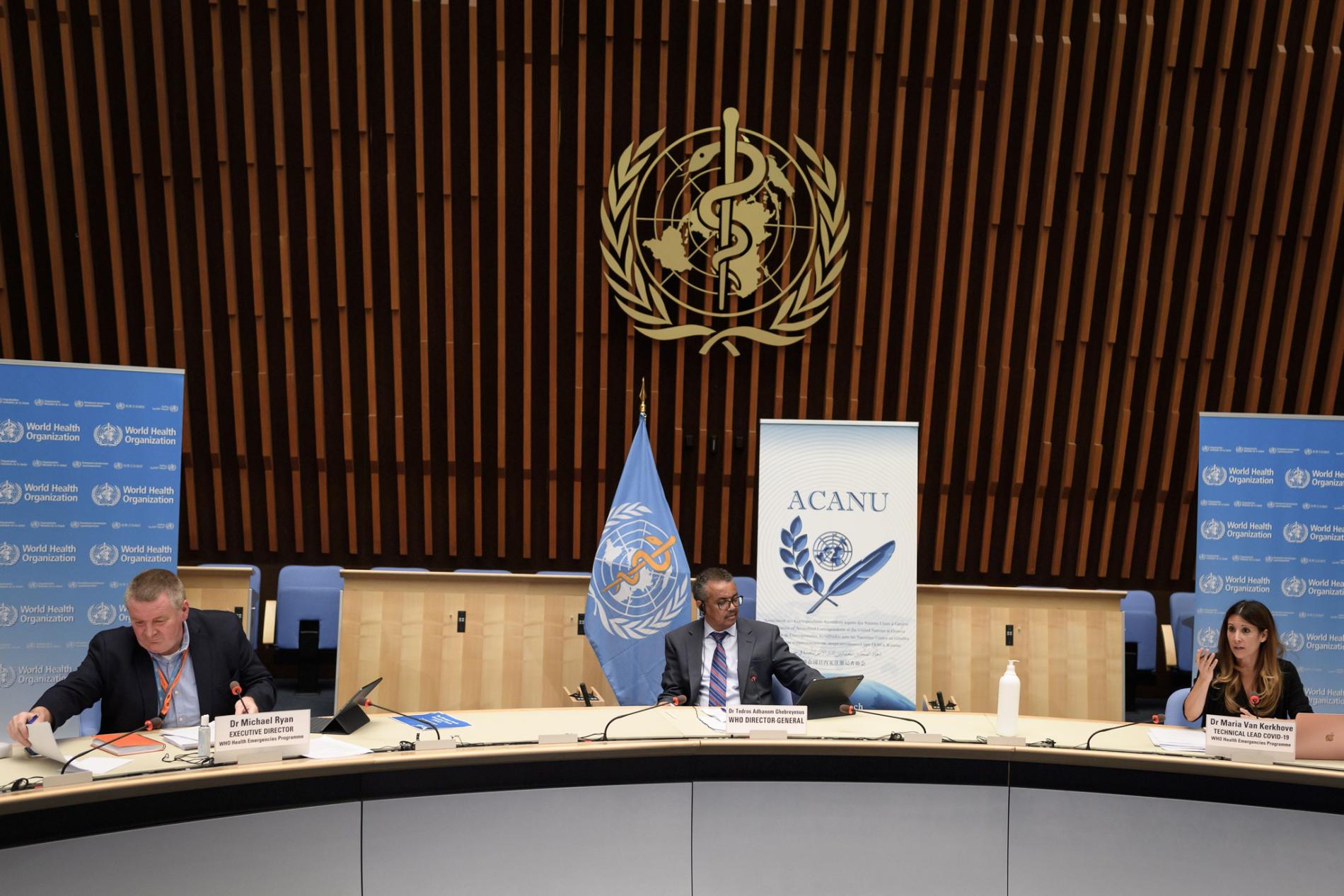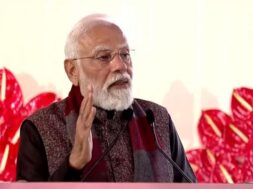
Manas Dasgupta
NEW DELHI, Feb 15: After virtually ruling out the possibility of the Coronavirus having “escaped” from a Chinese lab, a member of the World Health Organisation-led expert committee probing into the “origin” of the pandemic virus, has cast serious doubts if the virus “jump” from animal to human body also happened within the boundaries of China.
China had all along vehemently opposed the insinuations of the erstwhile Donald Trump government of the United States and some other countries that the Coronavirus was originally artificially created in a Chinese laboratory in Wuhan from where it “escaped” to the wet market of seafood in the neighbourhood and spread to the entire world.
After an Australian virologist recently expressed doubts about the laboratory theory, a leading British scientist, who was also member of the WHO team cast doubts if the spread of the virus in the humans also happened within the borders of China or in some other country.
Prof John Watson, who previously served as England’s deputy chief medical officer until 2017, said the virus’s leap from animals to humans may have occurred outside China’s borders.
Watson, who spent four weeks in Hubei province from January, said the pandemic most likely started with an infection in an “animal reservoir” which was then passed on to humans through an “intermediate host.”
Even while claiming that he did not rule out the possibility of the virus having escaped from a laboratory, he said he was “not sure” if the virus emerged in China. But he said, “There are all sorts of reasons … that suggest that China is a very, very possible source for the outbreak,” media reports said.
“But by no means necessarily the place where the leap from animals to humans took place. And I think we need to ensure that we are looking beyond the borders of China, as well as within China.”
Prof Watson’s remarks follow comments from Peter Daszak, another WHO team member who had recently suggested extensive investigations across South East Asia to trace the origin of the virus.
“The supply chains to the Huanan seafood market were extensive, they were coming in from other countries, they were coming in from various parts of China, so to really trace that back it’s going to take some work, Daszak had stated.
The Huanan seafood market was shut down indefinitely at the beginning of 2020 as it was identified as the virus’s first epicentre when multiple cases were linked back to the wet market.
In recent months, Chinese diplomats and state media have said they believe the market is not the origin but the victim of the disease and have thrown support behind theories that the virus potentially originated in another country.
But concerns have also been expressed because of China’s apparent reluctance to share with the WHO team all necessary data of the first victims of the virus in the country. The US national security adviser Jake Sullivan said on Friday that Washington had “deep concerns about the way in which the early findings of the COVID-19 investigation were communicated and questions about the process used to reach them”.
The UK Foreign Secretary Dominic Raab also shared concerns, saying scientists needed full co-operation to get the answers they need.
Echoing the concern expressed by the Australian virologist, Watson also said the WHO team saw a “great deal” of information about the cases of the first 174 patients who contracted coronavirus in China. But he added that the team was only given access to a “certain amount” of the raw data.
“We didn’t see all of that and we didn’t see the original questionnaires that were used,” he said.
“But apart from the fact that, of course, they would have been in Chinese, one has to think about what one would have seen if one had gone to any other country in the world.”
He said the team’s visit was not a “one-off” and that the WHO sees it as “the start of a process that’s going to take really quite a while.”
China has faced claims that the Wuhan Institute of Virology could be the suspected source of the COVID-19 virus. But the initial reports of the WHO team stated that it was “extremely unlikely” that the virus entered the human population as a result of a lab-related incident.
















